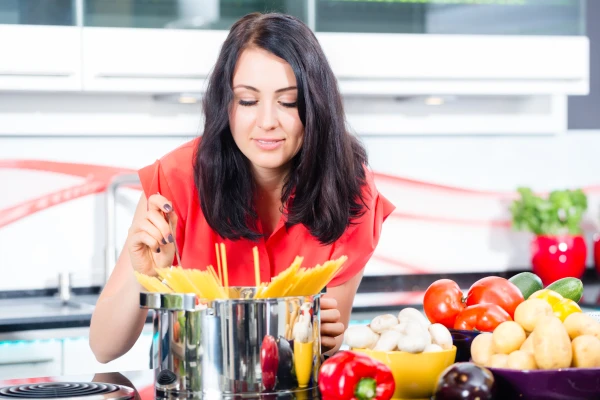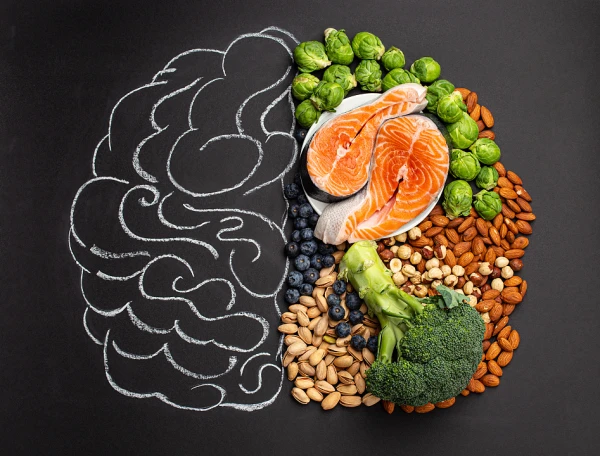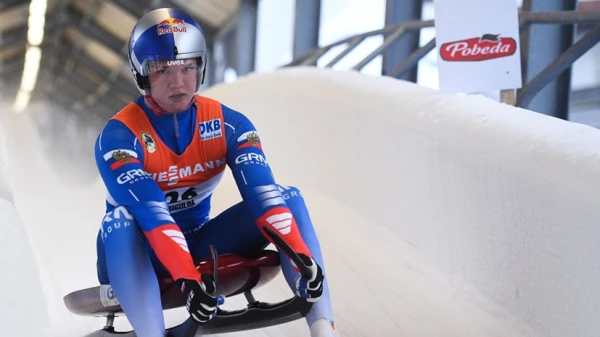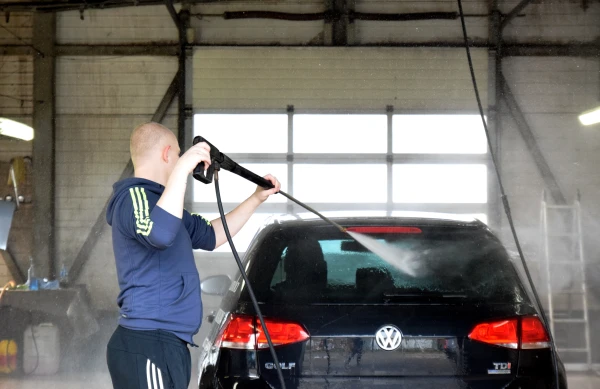
Undercooked or overcooked... To achieve pasta with the perfect consistency, it is important not only to monitor the cooking time but also to add the right amount of salt.
A chemist has named the exact amount of salt that should be added to water for perfect pasta.
It may seem simple to cook pasta. Just toss it into boiling salted water, stir a couple of times, and remove it from the heat at the right time to prevent it from overcooking. However, for perfect pasta, it is important not only to monitor the cooking time but also to add the right amount of salt.
For those whose pasta constantly turns into a mushy mass, Swedish chemists from Lund University have revealed the secret.
"Adding salt when cooking pasta is not just a matter of taste preferences. We found that salt not only enhances the flavor of the pasta but also significantly affects the microstructure of spaghetti and, consequently, the entire cooking process," said Andrea Scotti, a senior lecturer in physical chemistry, to The Conversation.
The explanation is simple: sodium chloride densifies and strengthens the gluten structure. But how much salt should be added? The scientists conducted a study and found that it is definitely not advisable to salt the water for pasta by eye.
"The optimal amount of salt is 7 grams per liter of water (approximately one and a quarter teaspoons). Keep in mind that more pasta requires more water," emphasized the chemist.
However, if the water is oversalted, it can also ruin the consistency of the dish. Experiments showed that doubling the salt concentration accelerates the breakdown of the internal structure of starch in the pasta.
The researchers also found that to achieve the ideal consistency, pasta should be cooked for 10 minutes. It is especially important to monitor the time and amount of salt if you are cooking gluten-free pasta. According to the expert, gluten in regular pasta acts as a protective barrier that preserves the starch and structure of the product.
"Our experiments showed that regular pasta is more resilient to suboptimal cooking conditions, such as overcooking or adding too much salt to the water," noted the scientist.
At the same time, cooking perfect gluten-free pasta is only possible under the right cooking conditions. Slightly overcooking it or oversalting it can easily destroy the structure of such pasta.
Experts do not recommend adding vegetable oil to boiling water for pasta. The reason is that the oil will not mix with the water but will remain on the surface, thus not preventing the pasta from sticking together, while also hindering the finished product from absorbing the sauce. Therefore, it is best to add oil to the sauce for already cooked pasta.
To prevent spaghetti from sticking together, it is important to stir it occasionally during the first two minutes of cooking.












